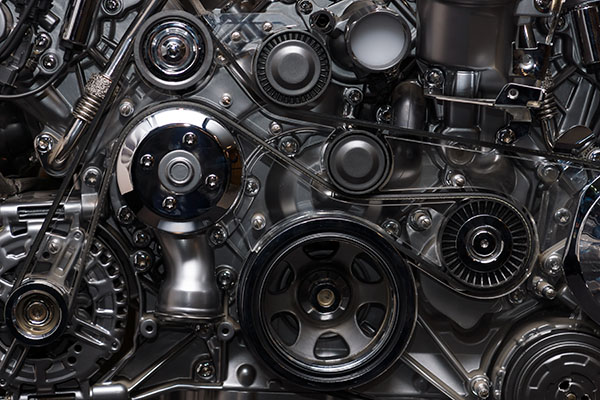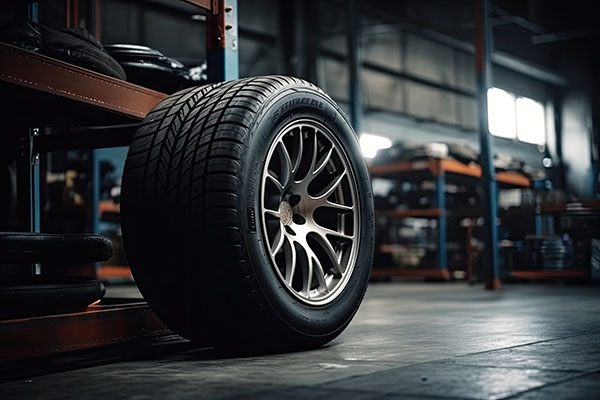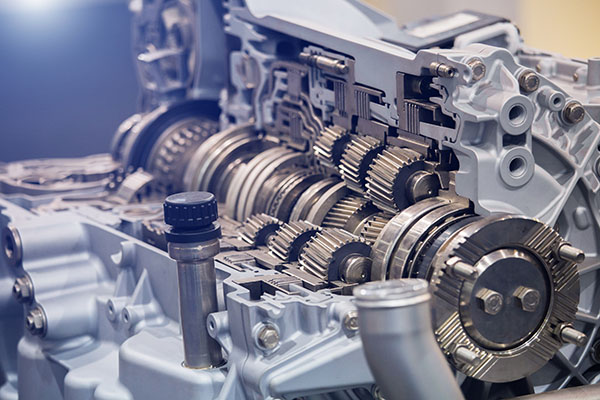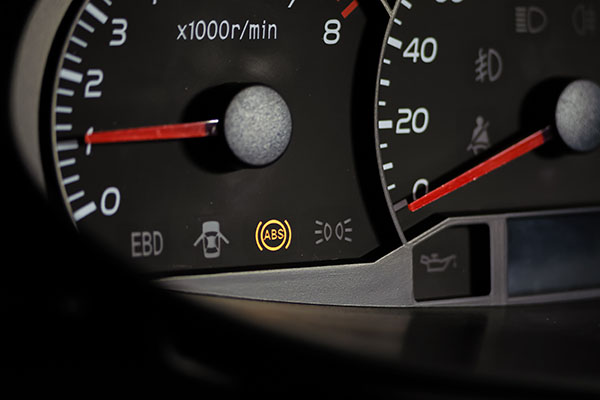Posted on 7/30/2023

When we think of engines, gasoline, and diesel are the first types that come to mind. However, the world of engines is far more diverse and fascinating than that. From alternative fuel options to innovative technologies, there are several different types of engines that power vehicles and machinery. This will actually be today's topic, here are a few different engines - some of them might even replace diesel and gasoline engines forever: Electric Engines Electric engines, also known as electric motors, are gaining significant popularity as a clean and efficient alternative to traditional combustion engines. They operate by converting electrical energy into mechanical energy, resulting in smooth and quiet operation. Electric engines offer numerous advantages, including: Zero Emissions: Electric engines produce no tailpipe emissions, contributing to reduced air pollution and combating climate change. Instant Torque: Electric moto ... read more
Posted on 6/29/2023

The invention of the car tire and wheel revolutionized transportation, paving the way for the modern automobile as we know it today. But have you ever wondered how these essential components came into existence? Well, if it weren't for a few folks back in the day, nothing we have today would be possible. Here is the story behind the rubber circle: From Solid to Spoked to Pneumatic Before the invention of the modern tire, early wheeled vehicles utilized solid wooden wheels. These wheels provided durability but lacked comfort and performance. However, advancements soon led to the development of spoked wheels, which were lighter and more efficient. Spoked wheels reduced weig ... read more
Posted on 5/31/2023

The transmission is a vital component of a vehicle's powertrain system - responsible for transferring power from the engine to the wheels. It plays a crucial role in ensuring smooth acceleration, efficient operation, and optimal performance. In this blog, we will explore how a transmission works and the key functions it performs. What is a Transmission? At its core, a transmission is a complex mechanical device that controls the power generated by the engine and delivers it to the wheels. It allows the driver to shift gears, providing the ability to adapt to different driving conditions and optimize fuel efficiency. Historically, there have been all kinds of transmissions with anywhere from 2 gears to nine in modern vehicles. Types of Transmissions There are two main types of transmissions; here is how they differ: Manual Transmission: In a manual transmission, also known as a "stick shift," the driver manually engag ... read more
Posted on 4/29/2023

In modern vehicles, one crucial component that plays a vital role in enhancing safety is the Anti-Lock Braking System (ABS). The ABS system is designed to prevent the wheels from locking up during sudden or hard braking, ensuring that the driver maintains control over the vehicle. We will take a closer look at this system don't below, so if you want to be a little bit more knowledgeable about ABS, continue reading. What Does the ABS System Do? The primary function of the ABS system is to monitor the rotational speed of each wheel while braking. It uses sensors to detect when a wheel is about to lock up, indicating that the driver is applying excessive brake pressure. When this happens, the ABS system modulates the brake pressure by rapidly pulsing the brakes on and off. This action allows the wheels to maintain traction with the road surface, preventing skidding and enabling the driver to maintain steering control. The ABS system is a crucial safety feature that ... read more
Posted on 3/30/2023

Cooling systems are responsible for two main things: making sure your engine doesn't overheat and providing heat to the A/C when needed. Due to the constant work of this system and the fluid circulation, it can have problems more often than other things. If you want to catch some issues before they get serious or at least know why something is happening, continue reading. Overheating Overheating happens when the coolant is either completely gone or too low. If you spot this, it might be too late to top off your fluid, but it's a warning to drive to the nearest repair shop. Continuing to drive with an overheating engine can result in a lot more than a basic repair, so make sure to have it serviced, repaired, and whatever else is needed. A/C Problems When you turn on the heater, the heat actually comes from the cooling system. To be more precise, it comes from taking away the heat from the cooling liquid and transferring it to the heater core ... read more